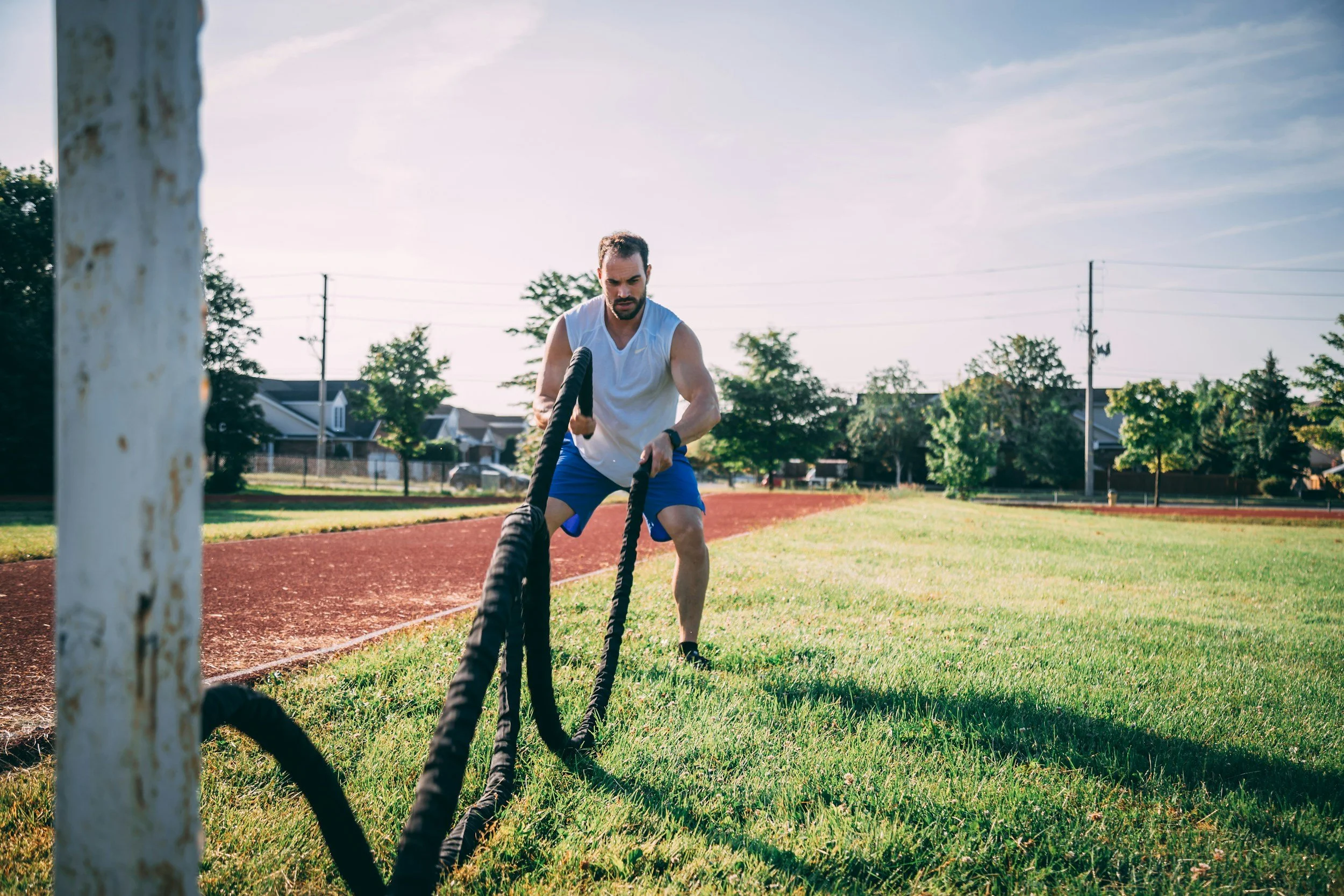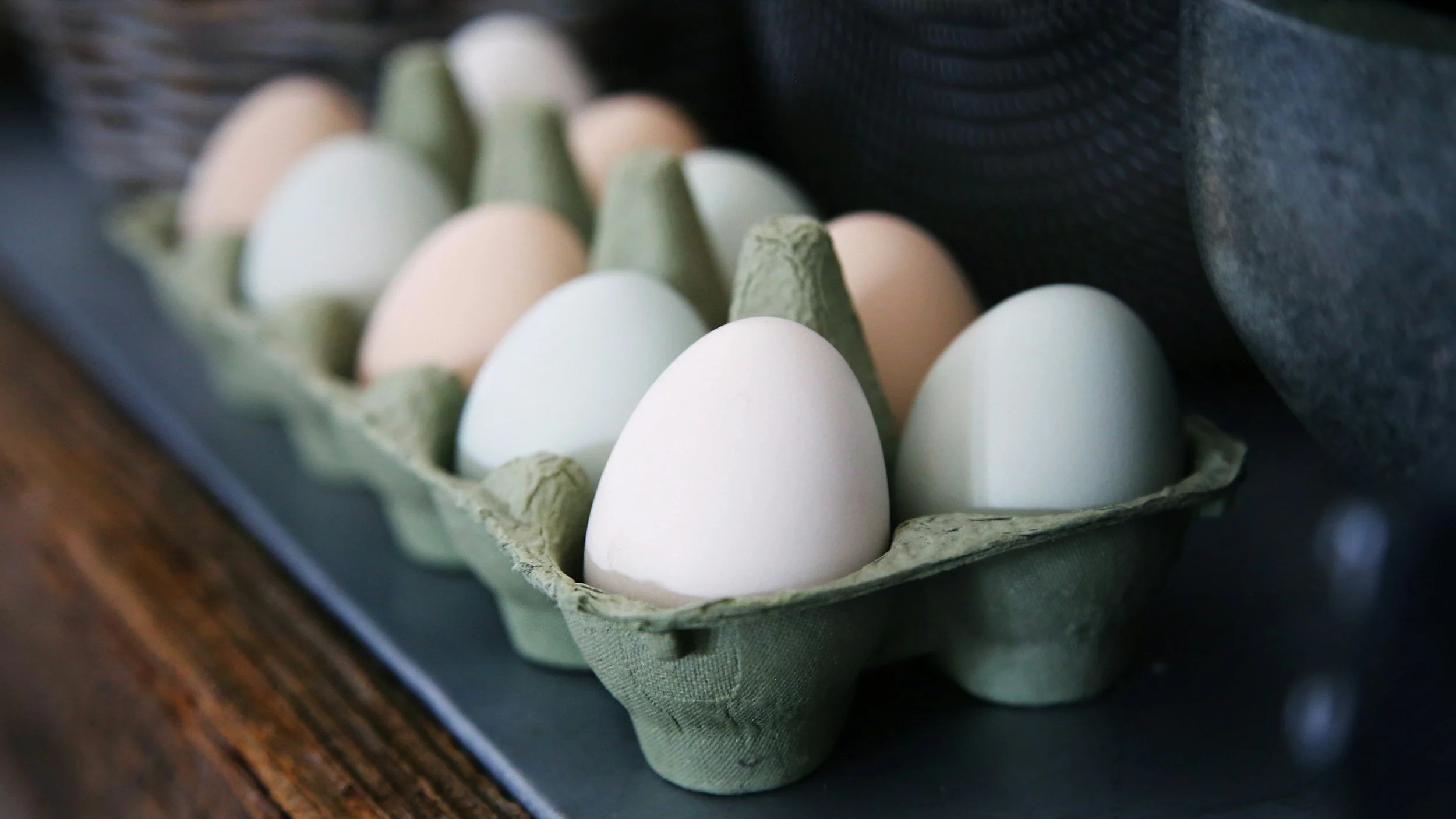Unlocking the Power of Electrolytes
We’ve all heard the term "electrolytes" thrown around, especially in the context of sports drinks and hydration. But what are they, and why are they so important for your body—especially during exercise?
Electrolytes are the unsung heroes that help keep your muscles, nerves, and cells functioning at their best. Whether you're running a marathon, attending your bootcamp sessions, or just staying active, understanding how these vital minerals work can make a huge difference in how you feel and perform.
In this post, we’ll break down what electrolytes are, why they're crucial for exercise, and how you can ensure you're replenishing them the right way. Let’s dive into the science behind electrolytes and how they can help you stay energised, hydrated and feeling and performing at your best.
What Are Electrolytes?
Electrolytes are minerals that carry an electric charge and help your body do some pretty essential things. The main electrolytes include:
Sodium
Potassium
Magnesium
Calcium
Chloride
These minerals play a crucial role in:
Regulating and maintaining the levels of water in the body
Supporting muscle contractions (including your heart!)
Maintaining nerve function, so making sure that the nervous system works effectively
Why Electrolytes Matter During Exercise
When you sweat, your body doesn’t just lose water—it also loses electrolytes. The harder and longer you work out, the more you sweat, and the more important it becomes to replace both fluids and electrolytes.
Without the right amount of electrolytes your body struggles to perform at it’s best, and you might experience:
Muscle cramps
Fatigue/low energy
Dizziness
Headaches/brain fog
Poor performance
It’s important to hydrate before, during and after exercise, and staying hydrated and keeping those minerals in check is key to helping you power through.
Who Needs to Replenish Electrolytes?
Most of the time water is sufficient to hydrate your body alongside a healthy diet, as this will provide adequate electrolytes. It is a good idea to consider adding electrolytes if:
Your workouts are long or of a high intensity
You’re sweating heavily
You’re training in hot or humid conditions
You follow a low-carb or ketogenic diet (which can increase electrolyte loss)
You experience illness-related losses
How to Get Electrolytes
There are a few ways to replenish electrolytes:
Sports drinks – These are convenient, but some contain added sugars or artificial ingredients, which can cause a blood sugar spike and consequent crash. Look for options with clean labels.
Electrolyte powders or tablets – Easy to mix with water and convenient to carry around, they can have fewer calories and sugar than sports drinks but again check the labels and look for clean options.
Whole foods – Coconut water, bananas, avocados, leafy greens, nuts, seeds and dairy are all natural sources of electrolytes.
DIY electrolyte drink – Try mixing water with a pinch of sea salt, a splash of citrus juice, and a bit of honey for a homemade option.
Balance Is Key
It isn’t necessary to add electrolytes every day, listen to your body, pay attention to the conditions you're training in, and adjust accordingly. If you are unsure, you can seek advice from a healthcare professional.
A Final Note
Electrolytes have a big impact on your performance, recovery, and overall well-being. Staying hydrated and properly fuelled with the right balance of electrolytes can help you avoid the dreaded mid-workout crash and feel stronger from start to finish.
So next time you train, don’t forget, it's not just about water, it's about smart hydration.




